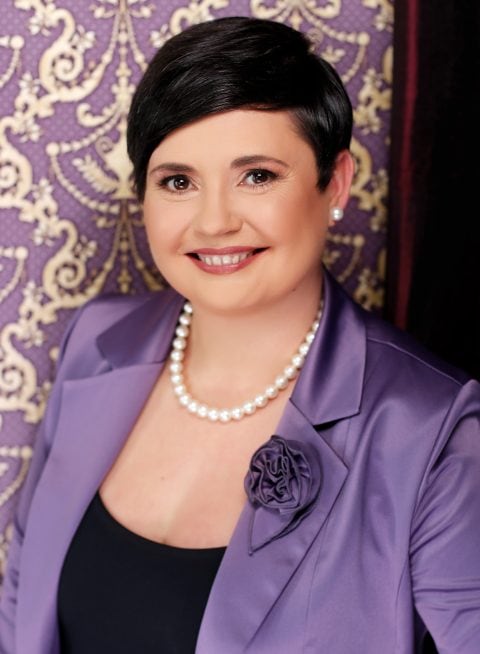An interview I conducted recently with a reputable woman manager for one of my clients’ magazine made me ask myself in wonder: why on Earth are we, women, having so much trouble communicating powerfully and in full confidence as soon as someone puts a microphone in front of us?
Here are some possible answers, and what to do about them.
- Helicopter view. While men are quite used to talking about the bigger picture in business – the why’s of the business and, in general, why they do what they do and how that is important – we, women, tend to spend more time on the how’s of the business. We are so focused on the detailed executive part of our tasks that we tend to forget that, in order to be seen and heard, we also must gain critical distance and learn how to talk about strategy and the big picture.
- To boast or not to boast. For women, talking about the outcome of their labor is a recent conquest. Along the history the fruits of our labor were a well-functioning family, clean house, well-groomed husband and sons, well-behaved daughters and so. Then you took a step back, hoping someone would notice your success. When that didn’t happen, well, it’s a woman’s faith, isn’t it? Because of this inheritance spreading for millennia talking out loud about one’s own successes in the labor place still feels like boasting for many women. That’s why more women avoid media interviews, while men happily embrace the opportunity.
- Preparation. We are so busy getting work done that we fail to focus on what really matters. Even when women agree to give an interview, they often leave things for the last minute or prepare for the interview between two other tasks, three phone calls and four chores planned for that afternoon. We fail to realize that preparing for a media encounter is almost as important, if not more important, than its delivery. Taking an hour for yourself to breathe, calm down, check your image, clarify your purpose and your YES and NO messages – all this will help you with a successful delivery during the interview.
- Rushing in. Because we are so busy, we often rush in for the interview. That’s why we can’t give ourselves five minutes before the interview to take a deep breath, calm down, do some power poses or make sure that our voices come across as powerful and convincing.
- Body language. Women go often into a TV studio with long hair hanging freely. When nervous, it is simply more tempting to play with your hair than if it were caught in a bun. Playing with your hair is one of the most common mistakes women make during media interviews – it signals either boredom, flirting or insecurity. None comes across well on camera. What does belong into an interview is conscious work with your body language, from the position of your legs (sit with your legs bent at 45 degrees in the chair, cross your legs only if you feel confortably with it) to the incline of your body (slightly ahead to convey presence) to your hands (visible to the camera) and to the focus of your eyes (on the interviewer) and your mimics. Also, in terms of gesturing it is important to know that you need to use gestures just enough to make a point, yet not too much, so you don’t come across as nervous.
- Speaking too long. Many women miss solid training of how to convey their message shortly, powerfully and without coming across as preaching. When we try to make ourselves understood we tend to rely (again) on what we know – the how’s of the business. This approach risks making messages long and convoluted. Remember: (almost) anything can be said in short, powerful sentences. Getting there is just a matter of exercise.
- Voice management. Powerful voice projection is, again, one of the most recent women’s conquests. We are simply not used to hearing our voices at their full strength outside a conflict zone (when we chastise our children, for example). Learning to celebrate your voice takes time, but the reward in business and politics is massive. You are finally able to come through with the best of you without being restrained by insufficient breathing or a high pitch that would instantly turn off most audiences.
Last but not least, interviews are not friendly talks over a cup of coffee. Even when a reporter tries to befriend you and ask personal warm-up questions, you are still in an interview set up. Therefore, regardless of how open you might feel after the first questions, simply never say anything that you wouldn’t like to see in print in the media.


